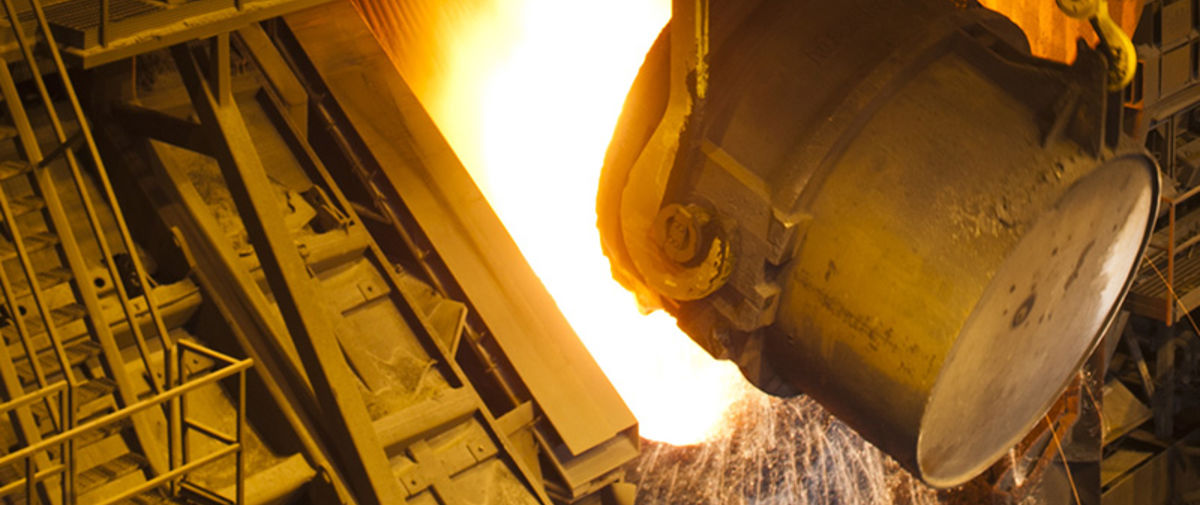Customer story
Konecranes helps an Integrated Steel Company avoid bridge disaster
One of the largest international steel mills in the world produces flat rolled steel coils for Ford, GM and Chrysler. The mill uses four Electrical Overhead Traveling cranes to transport 125 tons of metal slabs across a pair of #175 rails for the 1,700 ft runway yard. The cranes operate 24/7, and the constant movement creates abrasive and adhesive friction that can take a toll on bridge wheel flanges. When flanges get too thin, the wheels must be replaced.
At the steel mill, bridge wheel flanges started breaking off and falling 40 feet to the work area below. Because this was an area that workers walked through, this was a safety concern. The problem needed to be solved quickly because interrupting production time could cost the mill $5,000 USD a minute. Unfortunately, no one at the mill could be sure what exactly was causing the premature thinning of the flanges. When a railway survey was brought in to see if a railway misalignment was the problem, the surveyors suggested that they consult a crane company for answers.
Solution
After assessing the situation, the P&H® wheel product manager quickly determined that the taper tread wheels were the problem. The solution was to upgrade to flat tread wheels, which have thicker flanges. A set of 60+ test wheels were installed on one of their cranes to see how things would improve. The test wheels did not have any flange wear, while the three cranes with taper wheels continued to experience problems.
Results
Because of the overall quality of the wheels, the test wheels were still in brand new condition three years later. The success of the wheels enhanced safety at the mill and convinced management of the benefits of flat tread tires. Within a few years, the plant’s three other cranes had new flat tread tires installed as well.
